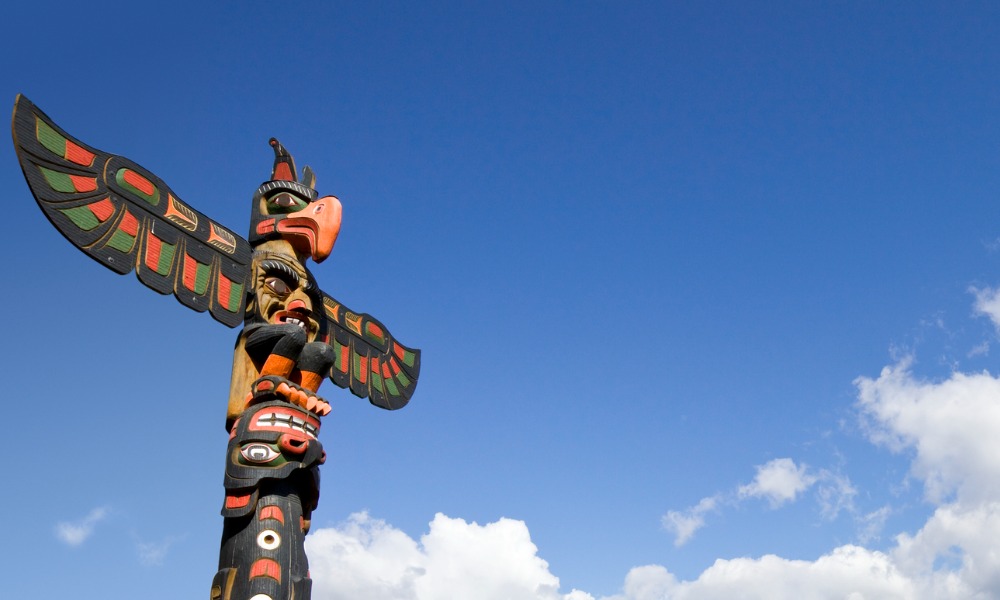
Over $2 million to be injected into projects

The Department of Justice Canada recently announced an investment of over $2.1 million to bolster three key projects to address the disproportionate representation of Indigenous individuals within the Canadian justice system.
Joined by Julie Dabrusin, a member of Parliament for Toronto - Danforth, and Chantell Barker, the executive director of Aboriginal Legal Services, the Honourable Arif Virani, the minister of justice and attorney general of Canada, unveiled this funding.
Minister Virani highlighted the urgent need for change. “Investing in Indigenous-led projects that address the systemic barriers that First Nations, Inuit and Métis face in the justice system is key to achieving lasting change,” he said.
The first project, supported by a significant portion of the funding, focuses on initiatives under the Community Council Program. This program, operating as a criminal diversion program for Indigenous offenders in Toronto, includes essential components such as the Giiwedin Anang Council and a community-based Gladue Aftercare program. These initiatives have been described in a statement as aiming to provide support and services to Indigenous individuals involved in the justice system, fostering healing and rehabilitation.
Additionally, funding has been allocated to support the Gladue program, which helps prepare Gladue reports. These reports provide comprehensive insights into the unique circumstances of Indigenous offenders, offering recommendations for appropriate sentencing to ensure fair and culturally sensitive approaches to justice.
Aboriginal Legal Services will also conduct a needs assessment for the Toronto Courthouse and Bail Centre Project, focusing on enhancing First Nations, Inuit, and Métis input into decisions regarding Gladue courts and their adherence to Gladue principles. This assessment aims to address challenges and opportunities arising from the centralization of Gladue courts in Toronto.
Speaking on behalf of Aboriginal Legal Services, Chantell Barker said, “This funding allows Aboriginal Legal Services to provide a safe space for Indigenous people to speak their truth, address root causes, and restore balance within themselves, their families, and the community.”
The announcement referenced the Truth and Reconciliation Commission of Canada’s calls to action, noting that the Indigenous Justice Program (IJP) supports Indigenous community-based justice programs, offering alternatives to mainstream justice processes. The funding announcement also said it aligns with broader initiatives outlined in the 2021 Missing and Murdered Indigenous Women, Girls, and 2SLGBTQQIA+ People National Action Plan and the Federal Pathway to Address Missing and Murdered Indigenous Women, Girls, and 2SLGBTQQIA+ People.
Justice Canada expressed intentions to devise a comprehensive strategy in consultation with Indigenous partners that addresses systemic discrimination and overrepresentation within the justice system.